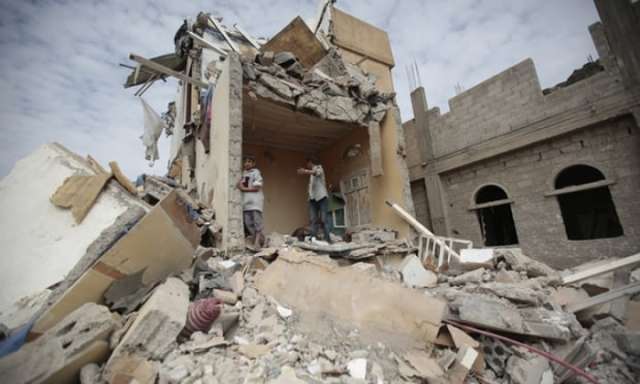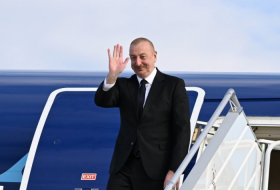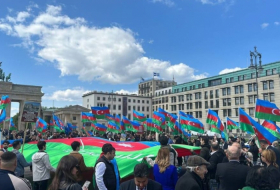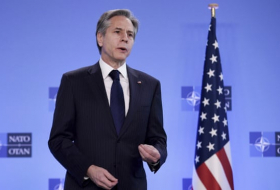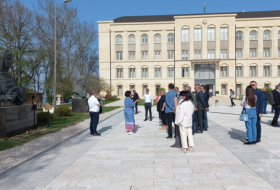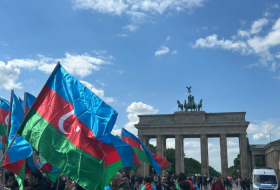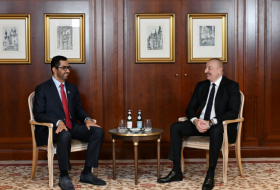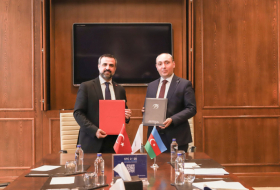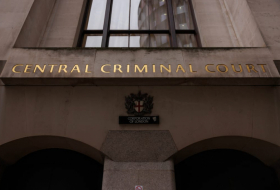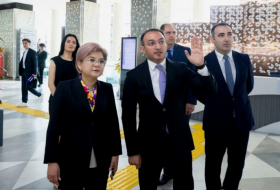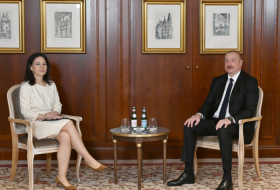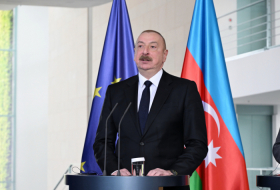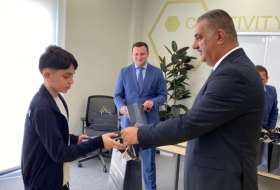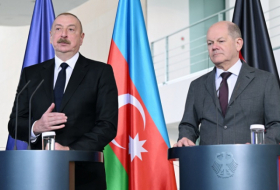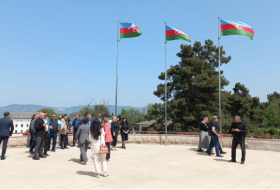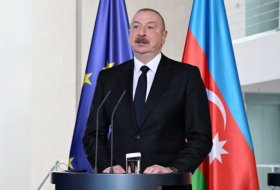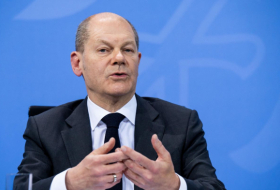The compromise came after intensive talks between the Saudis, the Arab League, the Netherlands, the UK, France and the US.
A group of experts has been given a year-long mandate to report on any human rights abuses in Yemen dating back to September 2014, including seeking to identify those responsible. The proposal was passed unanimously late on Friday in Geneva and welcomed by human rights groups that had campaigned for an inquiry.
Saudi Arabia and its allies have been bombing the Iran-aligned Houthi movement in Yemen since the Houthis seized much of the country’s north in 2015. As many as 10,000 civilians have been killed, and the fighting has led to a wider humanitarian crisis, including the outbreak of cholera affecting a further 700,000 people and 2,000 additional deaths. The UN has said the cholera outbreak is due to airstrikes destroying water sanitation systems.
Jamie McGoldrick, the UN humanitarian coordinator for Yemen, welcomed the decision. “I think anybody that can come and see first-hand evidence … for alleged crimes against international humanitarian law or human rights, I think that will be helpful because it will shed some light on the impact of the military activity on all sides, and there are no good guys in this fight,” McGoldrick said.
“We keep trying to remind the parties of their obligations, but there has been a blatant indifference of the parties when it comes to international humanitarian law.”
Saudi Arabia had been lobbying to keep any inquiry confined to the provision of extra help to an existing Yemeni national commission of inquiry – a body that had been widely seen by human rights groups as ineffective, partly due to the lawlessness in the country.
The break in the deadlock is likely to be seen as a victory for the Netherlands, which has been lobbying for the independent international inquiry for three years, but has been unable to overcome Arab resistance.
The Netherlands tabled an amendment to its own proposals for a full-scale commission of inquiry after France pushed for a compromise. France said it was working in particular to narrow positions on the international dimension of the investigation.
The French stance was seen as an early test of the new French president, Emmanuel Macron, who had highlighted human rights as vital to his foreign policy both in his speech to the UN general assembly and to a meeting of French diplomats.
Backstage wrangling in Geneva had included a letter from Saudi Arabia warning some states of possible consequences should they support the Dutch resolution, submitted jointly with Canada. It said support for the initiative “may negatively affect the bilateral political and economic relations with Saudi Arabia”.
The UK welcomed the compromise, saying “allegations of human rights abuses in Yemen have been deeply worrying,” but said the nation states should be allowed to carry out their own inquiries “where countries are carrying out credible investigations into international humanitarian law”.
Britain believes the Saudis have improved their system of airstrike targeting in Yemen and have become more transparent in their internal inquiries into missions found to have hit civilian targets.
The UK high court earlier this year found the UK had not shown disregard to the risk of serious breaches of international humanitarian law by granting export licences to UK arms manufacturers selling weapons to the Saudis for use in Yemen.
Riyadh insists the coalition is fighting terrorists and supporting Yemen’s legitimate UN-recognised government, but the UN human rights body has said Saudi-led airstrikes cause the majority of civilian casualties.
Amnesty International welcomed the vote as a belated chance to deliver justice.
Rob Williams, chief executive of War Child UK, said: “This probe must be impartial, and must investigate claims made against all parties to the conflict in Yemen.”
The Bahrain Institute for Rights and Democracy said the vote was “an important landmark, marking a step forwards for holding the perpetrators of war crimes to account. The experts will, in theory at least, be able to access Yemen and conduct their business much as any other UN-authorised investigatory body can.”
Tariq Ahmad, the foreign office minister, said: “We remain deeply concerned by the large-scale human rights abuses that continue. We welcome the council achieving consensus to establish a group of eminent international and regional experts as a concrete step taken by the international community to address the crisis and bring relief to innocent civilians.”
More about: #Human-Rights








